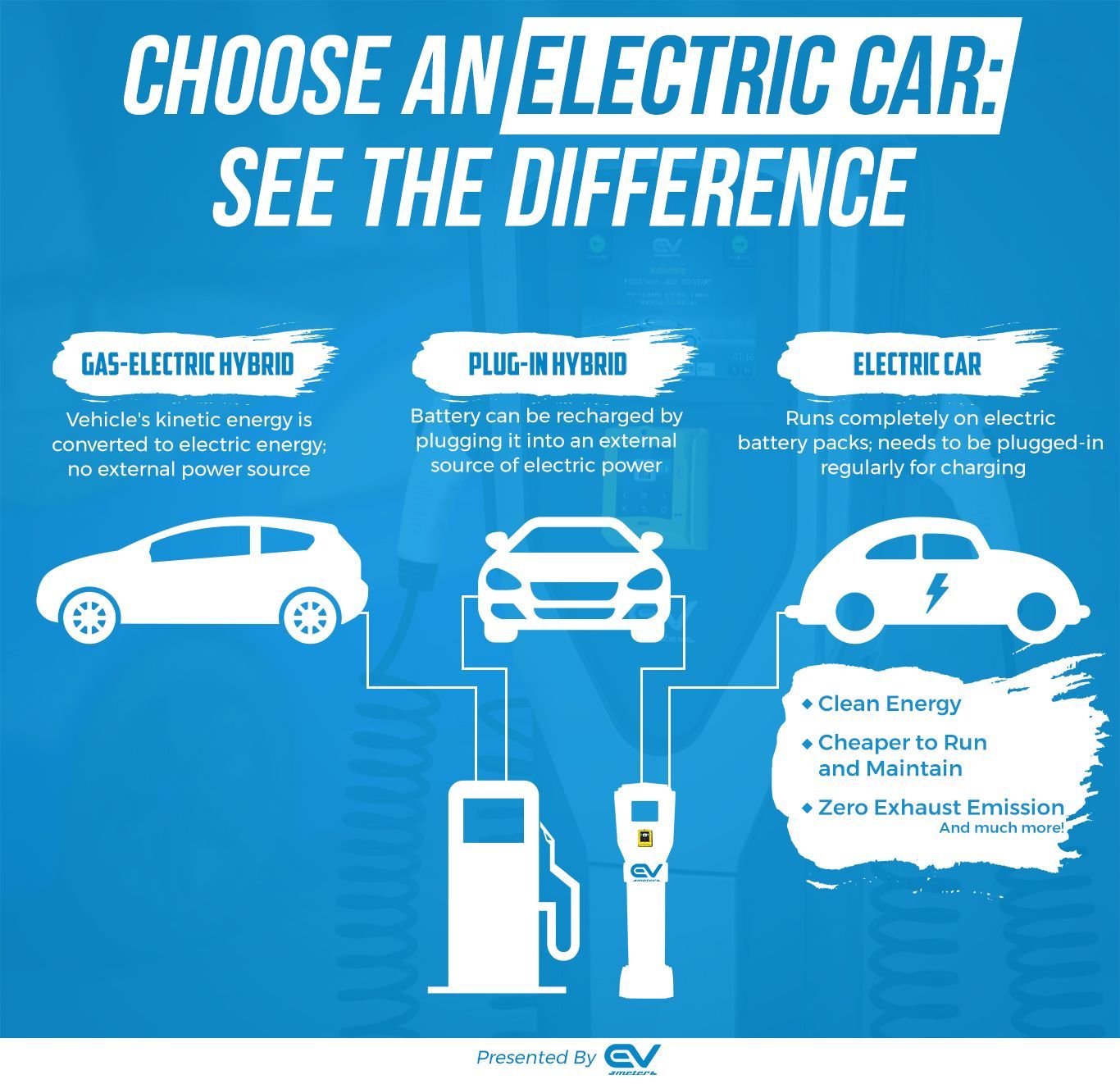With the growing concern for the environment, more and more people are considering green cars as a
viable option. Two popular choices that have gained traction in recent years are hybrids and electric
vehicles. However, determining which one is right for you can be a daunting task. In this article, we
will compare hybrids and electric cars across various aspects to help you make an informed decision.
Benefits of Hybrids
Hybrid cars combine an internal combustion engine with an electric motor, resulting in increased fuel
efficiency. Here are some key benefits of owning a hybrid vehicle:
Reduced fuel consumption and lower emissions compared to traditional gasoline cars
Ability to switch seamlessly between the electric motor and the gasoline engine
Regenerative braking, where the energy is captured during deceleration and used to charge the battery
Increased driving range with the presence of a gasoline engine for longer trips
Advantages of Electric Cars
Electric vehicles (EVs) run solely on electric motors and are powered by rechargeable batteries. Here
are some advantages of owning an electric car:
Zero tailpipe emissions, leading to a significant reduction in greenhouse gas emissions
Lower operating costs due to the lower cost of electricity compared to gasoline or diesel
Minimal maintenance requirements as EVs have fewer moving parts than traditional cars
Quiet and smooth driving experience with instant torque from the electric motor
Considerations for Decision Making
When deciding between a hybrid and electric car, several factors should be taken into account. These
include:
Driving Range: Hybrids generally have a longer driving range compared to electric cars, making them
more suitable for individuals who frequently travel long distances.
Charging Infrastructure: Electric cars heavily rely on charging infrastructure. Assessing the
availability of charging stations, both at home and in public locations, is essential before making
a decision.
Budget: While hybrid cars are usually cheaper than electric cars, it’s important to consider the
long-term operating costs and potential savings on fuel and maintenance when evaluating the overall
budget.
Environmental Impact: Electric cars have a more significant positive impact on the environment as
they produce zero tailpipe emissions. However, the manufacturing and disposal processes of the
batteries should also be considered.
Conclusion
In summary, the choice between a hybrid and an electric car depends on individual needs and
circumstances. Hybrids offer the convenience of longer driving ranges and are more suitable for those
with limited charging infrastructure. Electric cars, on the other hand, provide zero emissions and
lower operating costs but require a reliable charging infrastructure. By carefully considering factors
such as driving range, charging infrastructure, budget, and environmental impact, you can make an
informed decision that aligns with your needs and contributes to a greener future.

